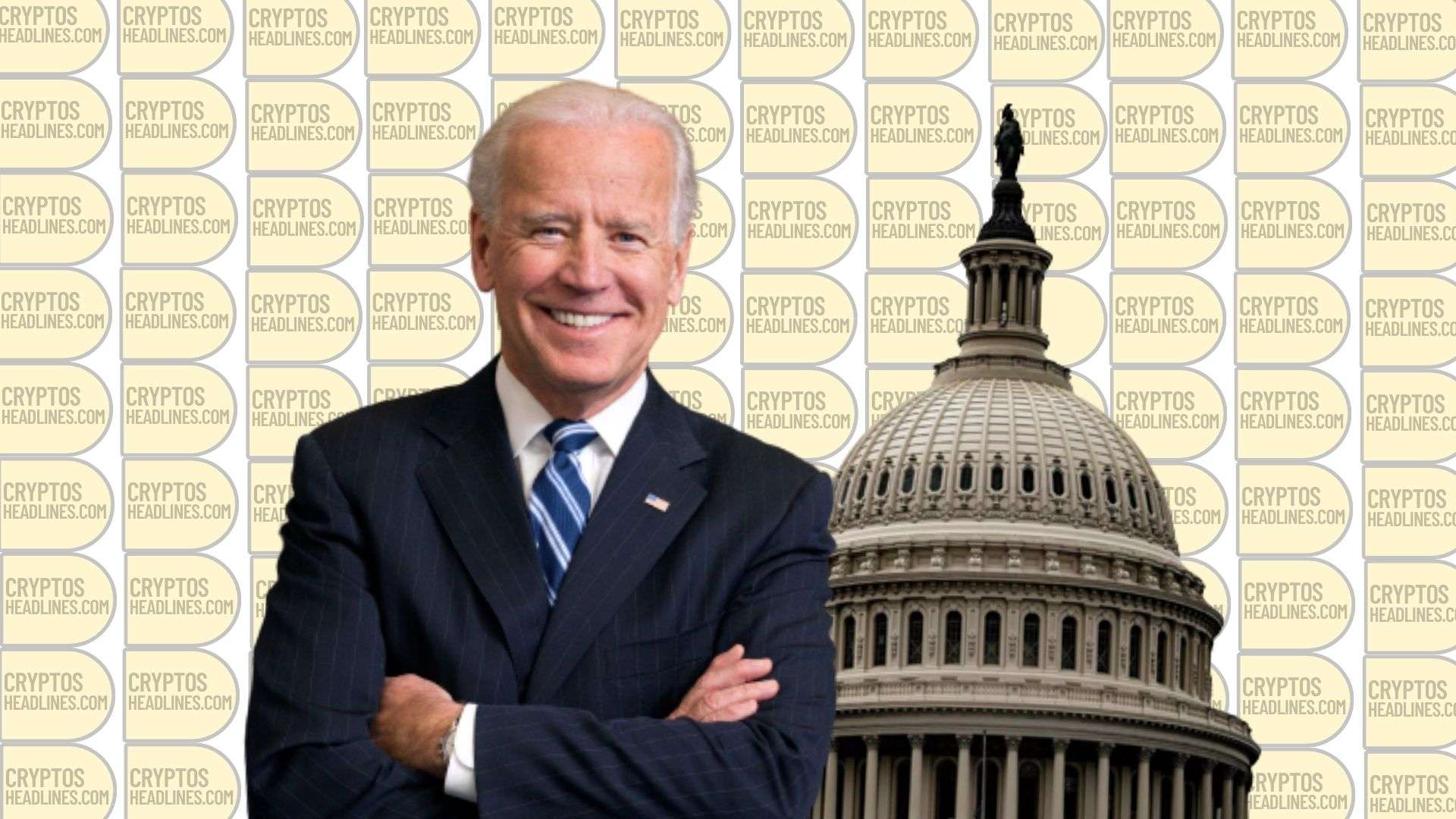Washington Introduces Bills Addressing CBDCs and Crypto-Related Drug Trafficking
As the deadline to raise the debt ceiling approaches, lawmakers are rushing to reach an agreement. Last week, two new bills with a focus on cryptocurrencies were introduced on Capitol Hill.
Following several hearings that examined stablecoins, cryptocurrency classification, and regulatory oversight, members of the House and Senate proceeded with bills addressing two distinct topics. Representative Alex Mooney, a Republican from West Virginia, introduced the Digital Dollar Pilot Prevention Act on Thursday.
This bill aims to prevent the launch of a central bank digital currency or any similar government-issued token.
In a statement on Thursday, Representative Alex Mooney expressed concerns about central bank digital currencies (CBDCs) and their potential threat to the freedoms of law-abiding Americans. Mooney’s bill has gained support from 14 cosponsors, all Republicans, who are primarily concerned about the lack of privacy associated with CBDCs.
The introduction of this bill coincides with a report released by the Federal Reserve and foreign central banks, which examines the potential impact of CBDCs on the global economy. The report highlights privacy, data governance, and anonymity as critical areas where legal issues may arise with a retail CBDC.
Also Read This Related: New bill introduced in Congress would ask the government to research how terrorists use cryptocurrencies.
Last week, members of Congress took bipartisan action to increase transparency regarding the use of cryptocurrencies for drug trafficking on the dark web. Representative Chris Pappas, a Democrat from New Hampshire, and Representative Tony Gonzales, a Republican from Texas, introduced the Dark Web Interdiction Act on Monday.
In the Senate, Senator Maggie Hassan from New Hampshire and Senator John Cornyn from Texas introduced a similar bill. The purpose of these bills is to address the issue of illicit drug trade facilitated by cryptocurrencies on the dark web.
The proposed bills aim to increase the severity of penalties for trafficking controlled substances on the dark web. Additionally, they require the Attorney General to provide a report to Congress on the involvement of cryptocurrencies in drug dealing on the dark web.
The report would specifically focus on identifying the most commonly used tokens and exploring methods to identify individuals involved in cryptocurrency transactions.
Lawmakers from both political parties are facing challenges in advancing crypto policy. Recently, House Republicans and Democrats have presented contrasting draft bills related to stablecoins, showcasing differing perspectives on the role of state legislators and the approval process for issuers.
These disagreements highlight the complexity surrounding the regulation of cryptocurrencies.
Bipartisan initiatives, such as the Responsible Financial Innovation Act proposed by Senators Cynthia Lummis (Republican from Wyoming) and Kirsten Gillibrand (Democrat from New York), have faced difficulties in gaining support from key committees.
Although Lummis and Gillibrand had expressed intentions to reintroduce the Act in April, they have not yet brought it to the floor for consideration in the current session.
Important: This article is intended solely for informational purposes. It should not be considered or relied upon as legal, tax, investment, financial, or any other form of advice.
Join Cryptos Headlines Community: https://linktr.ee/cryptosheadlines.com










